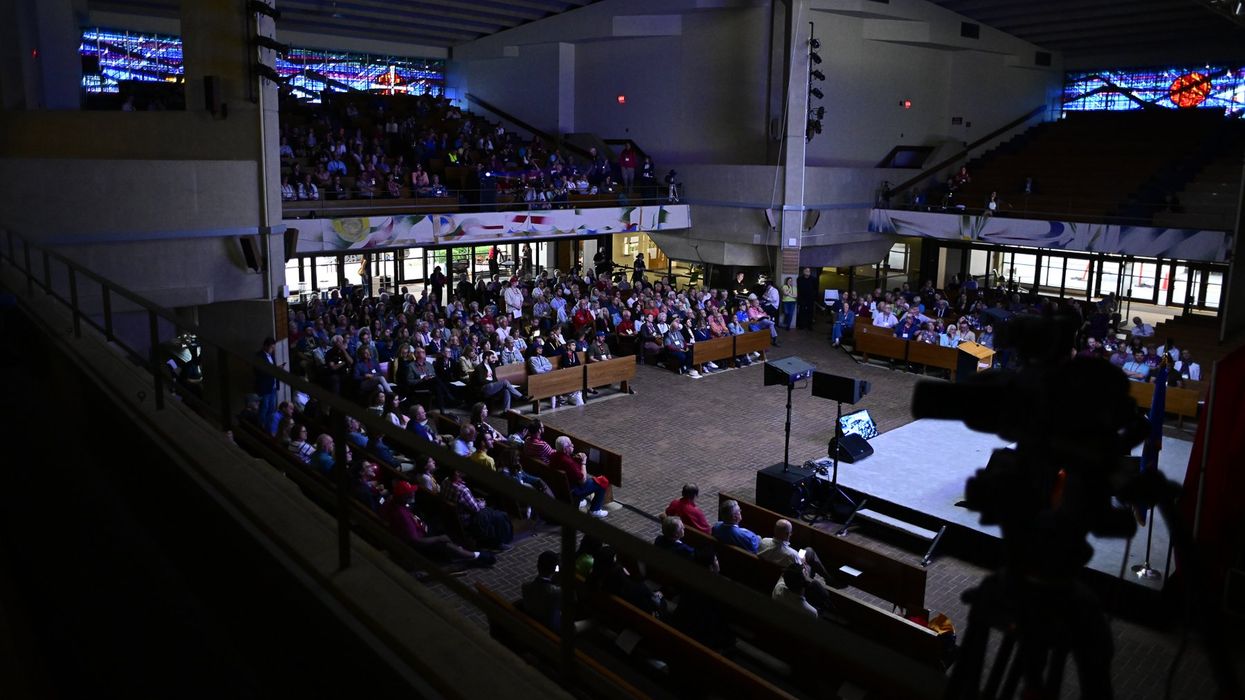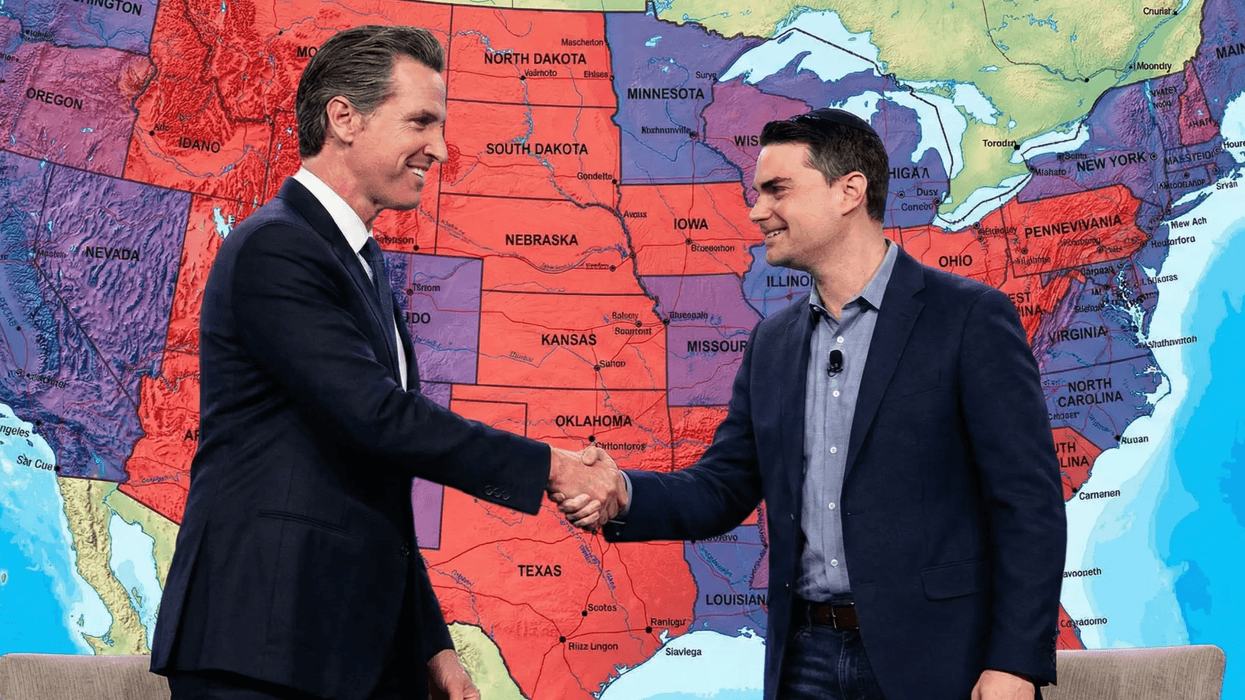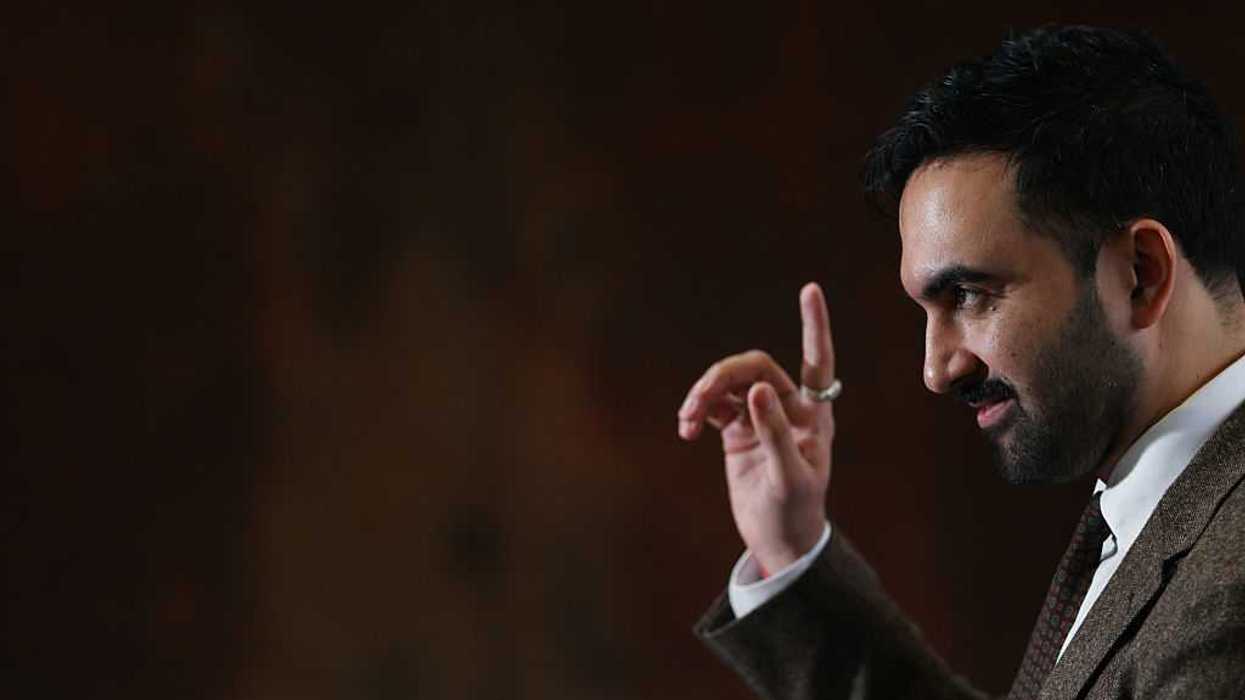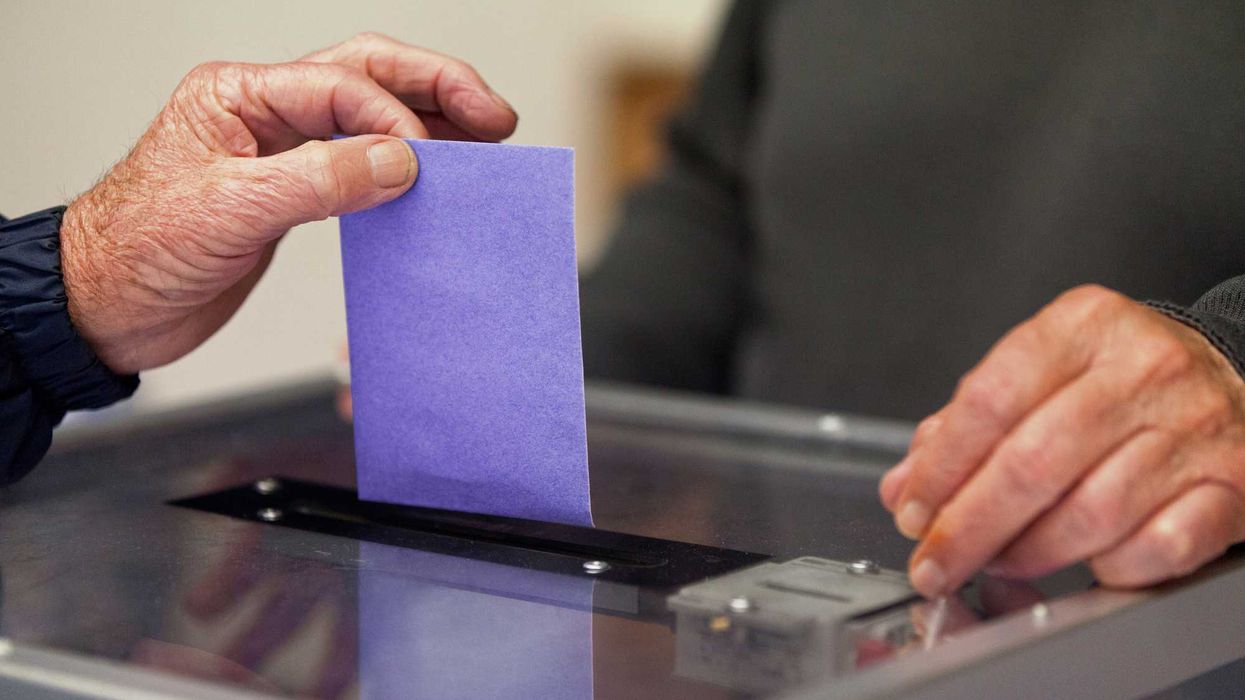Boyte is co-founder and senior scholar of public work philosophy at the Institute for Public Life and Work.
Last month’s Braver Angels convention in Kenosha, Wis., began with perhaps the largest debate watch party in the nation. Around 700 delegates observed the exchanges between Donald Trump and Joe Biden on a giant screen in the chapel of Carthage College on the shore of Lake Michigan. Equal numbers of Republicans wearing red lanyards and Democrats wearing blue ones, roughly 300 of each, with 170 independents and “others” identified by yellow and white, mingled together.
To emphasize the BA mission of bridging America’s toxic polarization, the site for the convention was chosen because Kenosha is midway between Milwaukee, host of the Republican convention, and Chicago, where the Democratic convention will take place.
Virtually all present believed that the debate was a disaster, “like two high school boys fighting on the playground,” as one debate watcher put it.
Since its founding after the election in 2016, BA has developed highly effective methods to help people overcome stereotypes about each other, recognize their own biases and engage in respectful discussions. As Bill Doherty, recently retired professor from the family social science department at the University of Minnesota and self-described “citizen therapist” described the approach, BA aims to help people “bring their best selves forward, listen to the other person, not immediately get into an argument, and reflect on their own contribution to the problem” of polarization.
The dignity, respect and consequent hope that BA generates across partisan divides were visible throughout the convention. Rather than wallowing in despair, participants recognized their responsibility as everyday citizens. "If they won't fix it, we will," said Monica Guzman, executive producer of the “A Braver Way” podcast for BA. People on both sides of the divide agreed the political system is broken. We the people must address the problem. This shift toward agency and constructive action moved Stell Simonton, a journalist covering the event for Newsweek, to title his report, “ Why the debate left me hopeful. ”
Convention attendees discussed the BA “American Hope Campaign” to be rolled out this election season. It includes ways the more than 11,000 BA members, many organized in 100 local alliances, can make visible their respect for others who think differently and press politicians to lower the toxicity. One intriguing project is recruiting red and blue pairs who vote differently in November to show up at polling places with posters signaling their continuing relationships after the election.
The BA convention also highlighted developments in the organization’s “Civic Renewal” focus announced last year. BA President Blankenhorn began the event by emphasizing the importance of “the citizen.” Barbara Thomas, chief operating officer, said most Americans feel that polarization is like the weather — it simply happens to them. BA shows that people can change it.
BA discussions on civic renewal this last year highlighted citizens’ self-organizing work across American history, including little-known stories such as the more than 5,000 “Rosenwald schools” built by Black Southern communities during segregation. These were centers of hope, community life, citizenship education and leadership development. Coretta Scott King, John Lewis, Medgar Edgars, Maya Angelou and thousands of other civil rights leaders attended such schools, a history that makes vivid the idea that democracy is a way of life, not simply elections.
A Civic Renewal plenary featured a least a dozen current examples, including a BA video, “ Stories of Hope from Action.” A breakout session explored trends of civic decline and signs of civic regeneration that Trygve Throntveit and I describe in a recent Time magazine essay, “ America Must Face Its Civic Crisis.” We call for a “return of the citizen,” shifting from consumer to civic producer.
BA is one among many signs of civic renewal. The National Civic League is soon to release its “ Mapping America’s Healthy Democracy Ecosystem ” study, which identifies thousands of civic and democracy efforts. This civic energy is captured in an addition to the BA platform passed overwhelmingly in this year’s convention, highlighting the idea of citizens at the center of democracy:
“Civic renewal … requires citizen-led action on common problems. Such action usually begins at the local level and strengthens local cultures of citizenship, while enhancing democratic patriotism and love of country. Civic action builds civic muscle — our capacity to work together across our differences — and in so doing, creates hope. It returns citizens to the center of the democratic way of life.”
The platform also calls for developing the convening capacities of local BA alliances and members of the BA Partners Network, now including more than 300 organizations, to facilitate local civic action.
These developments suggest that BA could become a key leader in the civic renewal movement that is gaining ground. How it acts to realize this potential will have major consequences.




















Trump & Hegseth gave Mark Kelly a huge 2028 gift